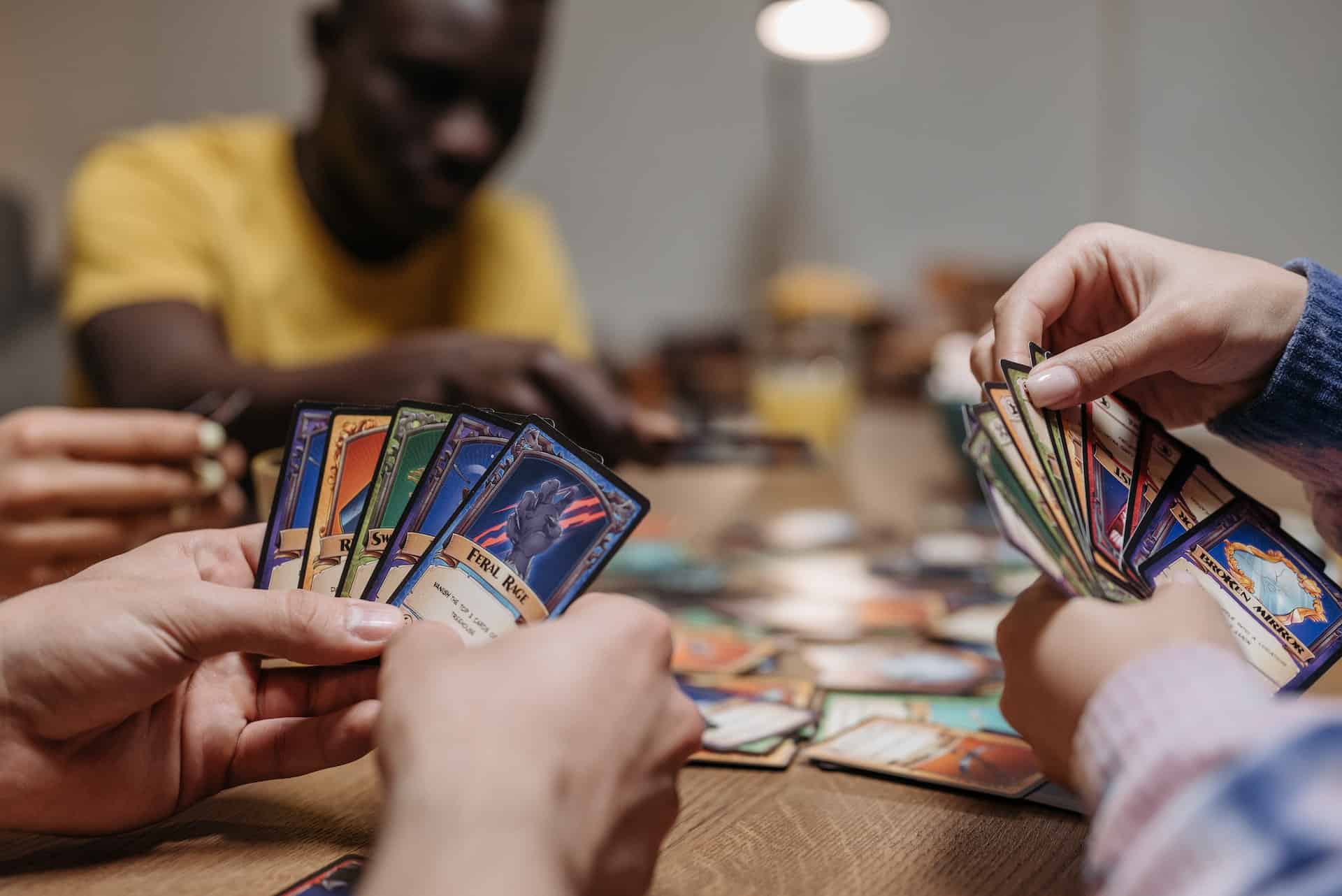Lucky Moves: Harnessing the Power of Luck and Chance in Board Game Design
Introduction: A Roll of the Dice
Life, much like a game, is a blend of skill and chance. Board games, at their best, replicate this balance, sparking excitement and unpredictability in each round. The role of luck and chance in board game design can significantly impact player experience, creating an exhilarating tension that keeps players on their toes.
“Luck is what happens when preparation meets opportunity,” said the ancient Roman philosopher Seneca, encapsulating the intertwining of skill and chance that forms the foundation of compelling board game design.
The Magic of Randomness: The Spice of Uncertainty
Randomness adds a unique flavor to board games, injecting them with unexpected twists and turns that amplify player engagement. Dice rolls, shuffled cards, and random draws are common ways to introduce luck into gameplay.
“It’s not that I’m so smart, it’s just that I stay with problems longer,” said Albert Einstein, a man who knew a thing or two about perseverance. In a game where randomness plays a part, staying the course can shift fortunes, highlighting the power of resilience amidst unpredictability.
Skill Vs Chance: Striking a Harmonious Balance
One of the biggest challenges in board game design is achieving the perfect equilibrium between skill and luck. Too much randomness can leave players feeling powerless, while a game purely based on skill might intimidate beginners. The trick is to combine the two elements such that each roll of the dice or draw of a card adds an element of surprise, while strategic decisions hold significant sway over the outcome.
Patrick Bet-David, the successful entrepreneur, captures this essence when he says, “In the game of life, it’s not the hand you’re dealt that matters, but how you play it.”
Playtesting: The Crucial Litmus Test
Playtesting serves as a critical means to test and refine the balance between skill and luck in a game. Observing how players interact with the game, how they respond to the luck elements, and whether strategic decisions influence the game’s outcome can offer invaluable insights into improving game mechanics.
“Failure is an option here. If things are not failing, you are not innovating enough,” Elon Musk’s words resonate with the spirit of iteration in game design, where the willingness to adapt and tweak game elements based on playtest feedback can lead to a better, more engaging game.
Conclusion: Mastering the Game of Chance and Skill
Incorporating luck and chance into board game design is a craft, weaving an intriguing interplay of skill and randomness that engages players and keeps them coming back for more. Striking a harmonious balance is key – letting strategy shine, while the roll of the dice adds a dash of unpredictability.
Remember, the journey of game creation is like a game in itself, teetering between planning and happenstance. So, are you ready to roll the dice?
FAQs
What role does luck play in board game design?
Answer: Luck, introduced through elements of randomness like dice rolls or card shuffles, adds an element of unpredictability to board games, making each round of play unique and exciting.
How do you balance skill and chance in board game design?
Answer: Balancing skill and chance in board game design involves ensuring that strategic decisions significantly impact the game’s outcome, while elements of luck add a layer of unpredictability.
Why is playtesting important in board game design?
Answer: Playtesting offers crucial insights into how players interact with the game. It helps designers observe the balance between skill and luck and make necessary adjustments to enhance gameplay.
Keywords: Board game design, luck and chance, randomness, skill, balance, playtesting.
References: BoardGameGeek, Polygon, Game Developer Magazine, The Dice Tower.
Anecdote: Once, I played a board game that heavily leaned on luck. Every move hinged on a dice roll, and I kept rolling poorly. Frustration crept in as I felt my strategic plans were constantly thwarted by sheer bad luck. It made me appreciate how a well-balanced game, where strategy and chance coexist harmoniously, makes for a much more enjoyable experience.


